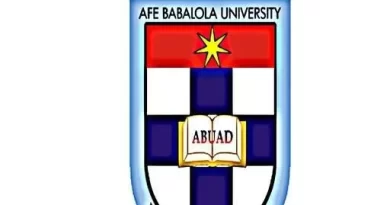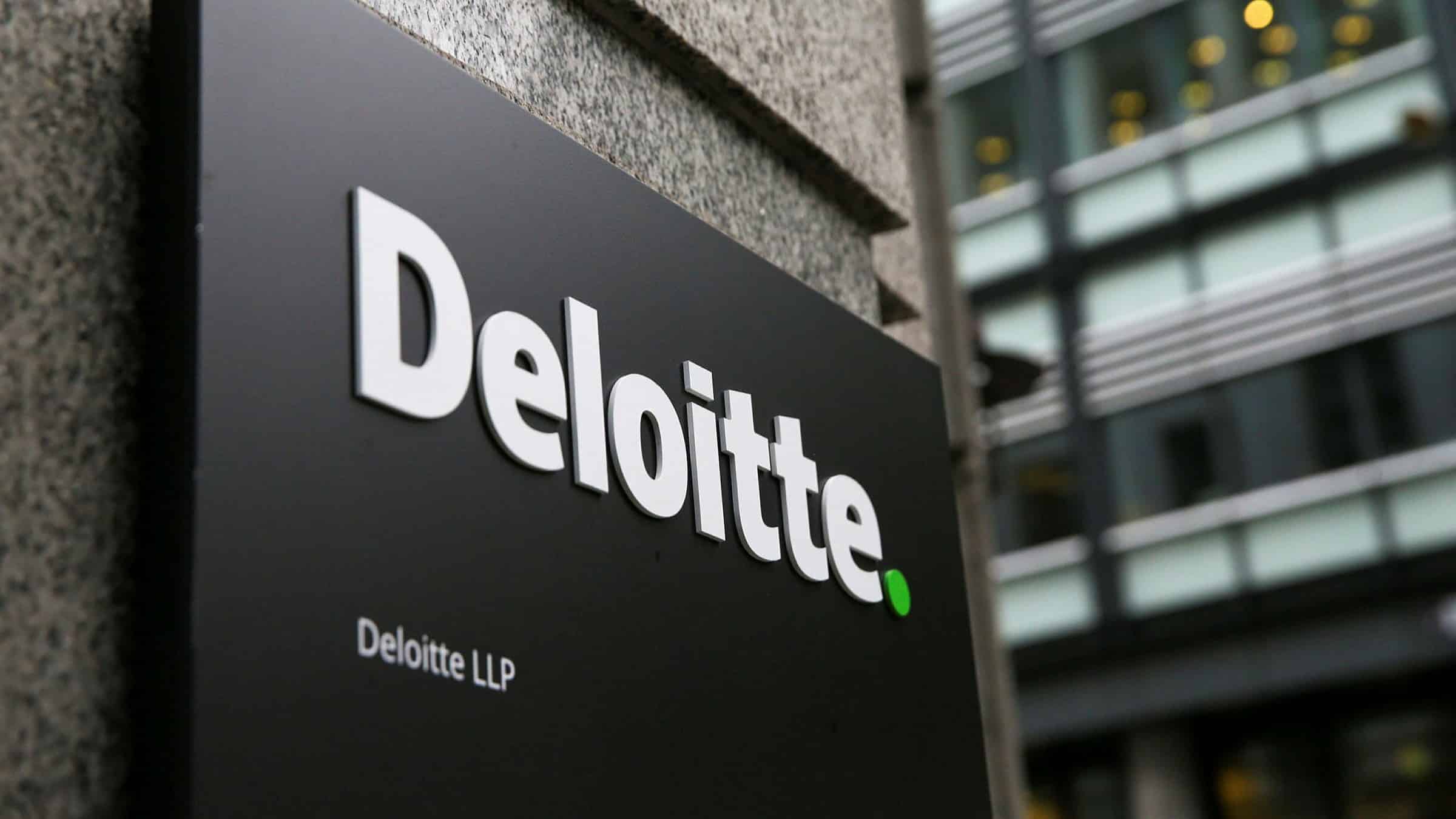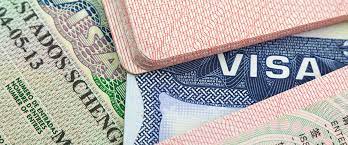History of Kaduna State College of Education
The College with the name Advanced Teachers’ College, Kafanchan began formal classes on 30th March 1977 on its first campus at Manchock. On the ground were teaching staff strength of 17 and a student population of 186. The Kaduna State Ministry of Education was, of course, the supervising agency under the government of Wing Commander Usman Jibril while Mr. Paul Turton was the first Principal of the College.

Kafanchan Teachers’ College, formerly known as College of Mary Immaculate, became the second campus in 1978. This campus not only has three well-established laboratories for the teaching of science subjects, but it also had electricity and pipe-borne water.
The first Governing Council of the College was established in October 1978. This was under the chairmanship of His Royal Highness, Mallam (Dr.) Gwamna Awan. BME. OON, the then Chief of Kagoro of blessed memory.
The Department of Technical and Commercial Education, now Business Education, came into existence in 1980 on the second campus. The College operated a ‘crash programme’ which saw three batches of NCE students graduating in two years each. This ended in June 1981.
The College gained autonomy and was no longer directly administered by the State Ministry of Education. It was affiliated to Ahmadu Bello University (ABU) Zaria in 1980. By 1988, the College began the process of movement to its permanent site at Gidan Waya. At present 80% of the movement has been completed. The Technical and Fine and Applied Arts departments are still at the temporary site in Kafanchan.
In 1998, its name was changed from Advanced Teachers’ College (ATC) to College of Education (COE); consequent upon the change of name of the institution, the title of the head was changed from Principal to Provost.
To provide access to education and training to more people to enable them to qualify for entry into the regular NCE programme and to broaden the scope of training for the beneficiaries from the catchment area, the College introduced Diploma and Certificate programmes in 1998 and IJMB programme in 1999. In addition, the College runs Postgraduate Diploma in Education and Undergraduate programmes respectively.
Presently, the College runs more than 29 NCE academic programmes with 15 fully accredited and 14 having interim accreditation. These are regulated by the NCCE. The College has advanced from initial students population of 186 in 1977 to over 15,652 students in 2022. These include NCE Part-Time students. The Staff strength has also grown from 981 in 2016 to 1,084 in 2022.
Source: kscoe.edu.ng



